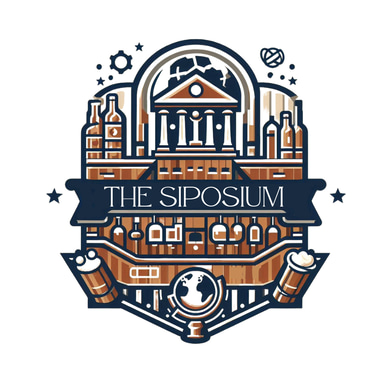Upcoming Events
The Siposium: The Art of Saying It Beautifully: Poetry, Language, & Love
Tuesday, February 24, 2026 7:00-9:00 PM
Columbus Brewing Company Beer Hall
This month, The Art of Saying It Beautifully: Poetry, Language, and Love with Mandy Shunnarah. Along with historical records and religious texts, love poems are among the oldest forms of writing, found in cultures around the world. For February's Siposium, local author and love poetry enthusiast Mandy Shunnarah will guide participants through a brief history of love poetry, from the oldest surviving romantic poem from ancient Sumeria to classic erotic poems from the past couple of hundred years to contemporary love poets writing today. You'll learn about what makes a love poem compelling, as well as misconceptions about the genre, so you'll feel confident going into the writing exercise where you'll pen your own.
About your speaker: Mandy Shunnarah (they/them) is an Appalachian and Palestinian-American writer in Columbus, Ohio. Their first book, Midwest Shreds: Skating Through America's Heartland, was released in 2024, and their second book, a poetry collection titled We Had Mansions, was published by Diode Editions in 2025. Read more at mandyshunnarah.com.
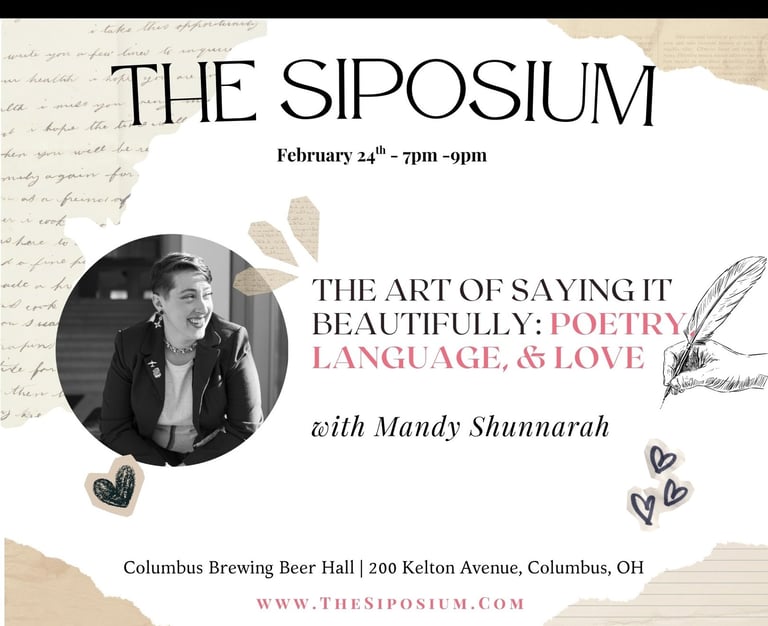



Sip Salon: Why We Can’t Quit Shakespeare
Tuesday February 17, 2026 6:00-8:00 PM
Nocterra Brewing Audubon
In this month’s Sip Salon, we’ll gather to explore a deceptively simple question: Why does Shakespeare still matter? Together, we’ll read and discuss two thought-provoking articles that wrestle with Shakespeare’s enduring influence, his complicated portrayals of love and power, and the growing discomfort around how—and why—his work is taught today.
Rather than treating Shakespeare as untouchable or dismissing him outright, this conversation invites curiosity and nuance. We’ll talk about messy love, flawed characters, consent, race, and cultural power, and consider what it means to engage with classic texts critically and honestly. No expertise required—just a willingness to read closely, think together, and share perspectives over a drink.
Come sip, read, and join a thoughtful, welcoming discussion about literature, legacy, and why imperfect stories often endure the longest. No prior knowledge or expertise needed, just come ready to read and discuss with us.
Location Details
Join us at various breweries and bars for insightful lectures hosted by experts covering diverse topics in engaging atmospheres.
Venues
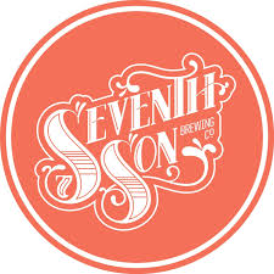

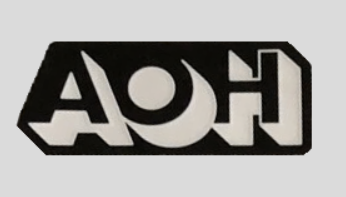

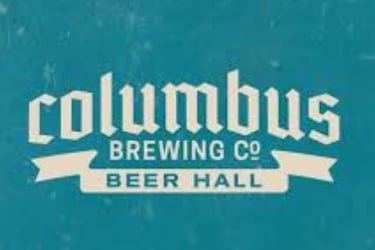

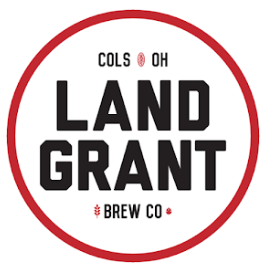

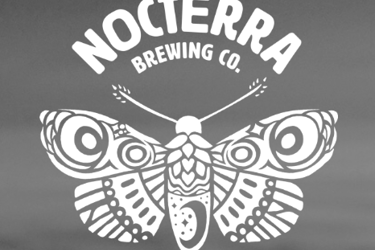

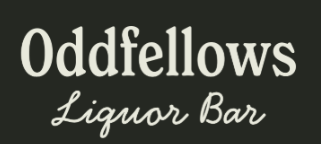

Explore
Join us for engaging lectures at breweries.
View are terms and conditions here.
Connect
Learn
info@thesiposium.com
© 2024. All rights reserved.
By entering your email above, you are consenting to receive updates from The Siposium on upcoming events. We will never sell or share your contact info with other companies. You may unsubscribe at anytime.
Inclusion and Acceptance Policy
We believe in an inclusive environment where all guests are welcomed, valued, respected, and heard. We believe that guests will be provided a safe environment. We believe that diversity brings strength. We believe in equality and equity free from discrimination. We do not tolerate violence, harassment, or hate speech in our forums.
You are valued and we are glad if you join us.
Join our email list to receive notice of upcoming events and special discounts!
